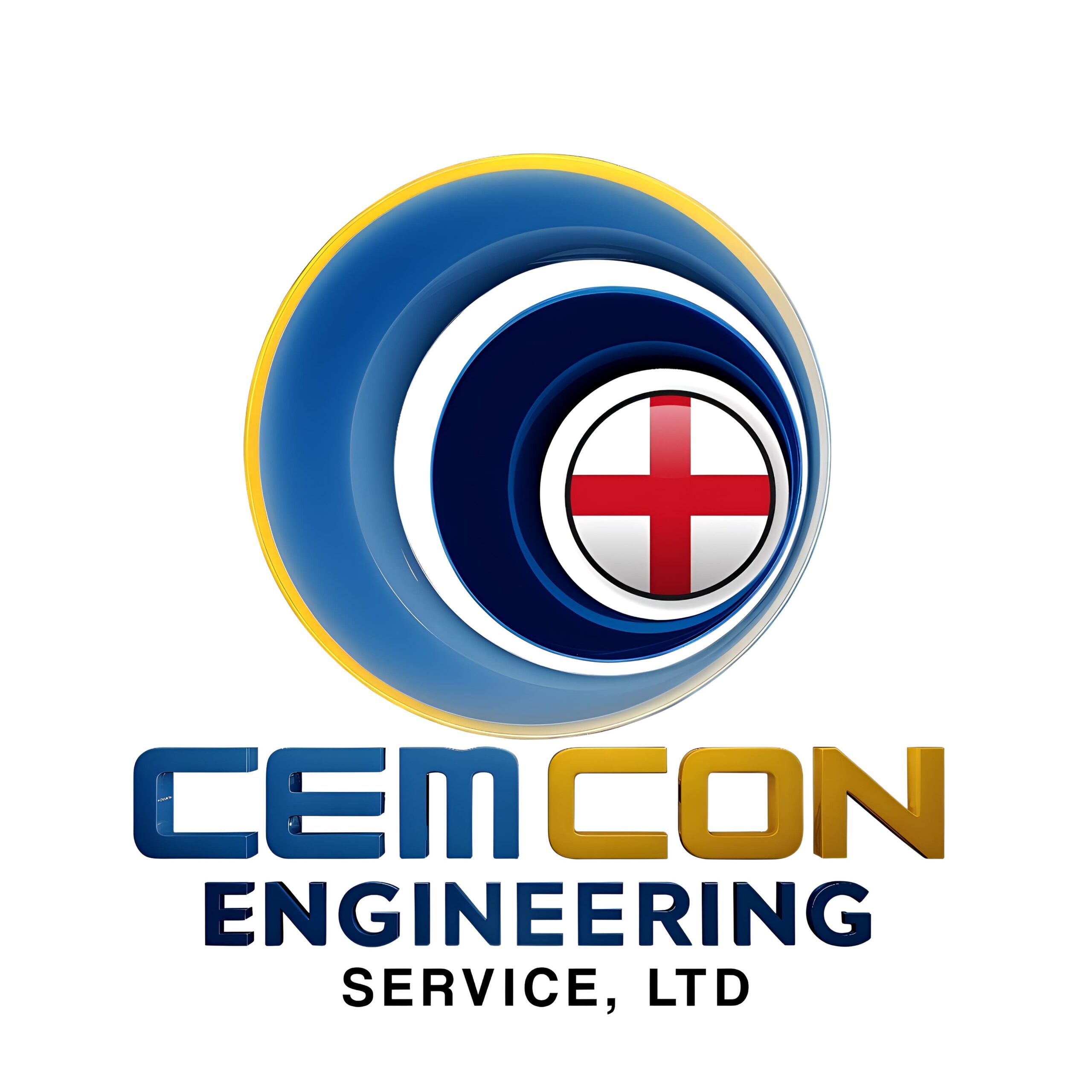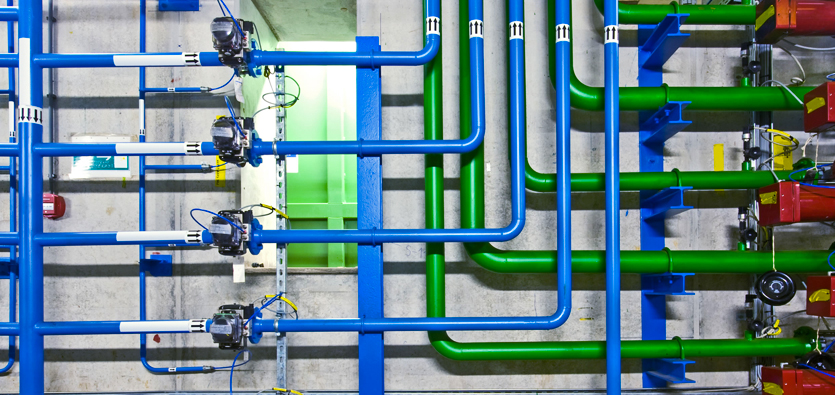A well-maintained plumbing system is crucial for any commercial building. Regular maintenance not only prevents costly repairs and downtime but also ensures a safe and hygienic environment for employees, customers, and tenants. Here are some essential tips for maintaining your commercial plumbing system effectively.
1. Regular Inspections
Schedule Routine Check-Ups
Conduct regular inspections of your plumbing system to identify potential issues early. Hiring a professional plumber to perform thorough inspections every six months can help you detect leaks, corrosion, and other problems before they escalate.
Check for Leaks
Even small leaks can lead to significant water damage and increased utility bills. Regularly check faucets, toilets, and pipes for signs of leaks. Look for water stains, damp spots, and mold growth, which can indicate hidden leaks.
2. Preventive Maintenance
Clean Drains Regularly
Clogged drains can cause backups and disrupt operations. Use drain guards to catch debris and regularly clean out sinks and floor drains. Avoid using chemical drain cleaners, as they can damage pipes; instead, opt for natural solutions or call a professional for severe clogs.
Maintain Water Heaters
Water heaters are essential for many commercial operations. Schedule annual maintenance to flush the tank, check for sediment buildup, and ensure the heating elements are functioning correctly. This will help extend the lifespan of the water heater and maintain efficiency.
Inspect and Maintain Backflow Preventers
Backflow preventers are critical for preventing contaminated water from entering the clean water supply. Have a professional inspect and test backflow preventers annually to ensure they are working correctly.
3. Upgrade and Repair
Replace Old Pipes
Aging pipes are prone to leaks and bursts. If your building has old or corroded pipes, consider upgrading to modern, durable materials like copper or PEX. This proactive approach can prevent future plumbing issues and improve water quality.
Install Water-Saving Fixtures
Upgrading to water-efficient fixtures such as low-flow toilets, faucets, and urinals can significantly reduce water consumption and lower utility bills. These fixtures also reduce the strain on your plumbing system, extending its lifespan.
Repair Issues Promptly
Address any plumbing issues as soon as they arise. Delaying repairs can lead to more extensive damage and higher repair costs. Encourage employees or tenants to report any plumbing problems immediately.
4. Educate and Communicate
Train Staff on Best Practices
Educate your staff on proper plumbing practices to prevent misuse and damage. Ensure they know what can and cannot be flushed or poured down drains. Provide clear guidelines for reporting any plumbing issues they notice.
Display Signage
Place signs near sinks, toilets, and other plumbing fixtures to remind users about proper use. Simple reminders like “Do not flush paper towels” or “Dispose of grease properly” can help prevent common plumbing problems.
5. Emergency Preparedness
Know the Shut-Off Valves
Ensure that you and your staff know the location of the main water shut-off valve and how to operate it in case of an emergency. This knowledge can prevent extensive water damage in the event of a major leak or burst pipe.
Have a Professional Plumber on Call
Establish a relationship with a reliable commercial plumber who can respond quickly to emergencies. Having a professional on call ensures that you can address plumbing issues promptly and minimize disruption to your business operations.
Conclusion
Maintaining your commercial plumbing system requires regular inspections, preventive maintenance, timely repairs, and proper education. By following these tips, you can ensure a reliable and efficient plumbing system that supports your business operations and provides a safe environment for everyone in your building. Investing in regular maintenance today can save you from costly repairs and downtime in the future.
For more expert advice on commercial plumbing and other building maintenance tips, stay tuned to our blog!

